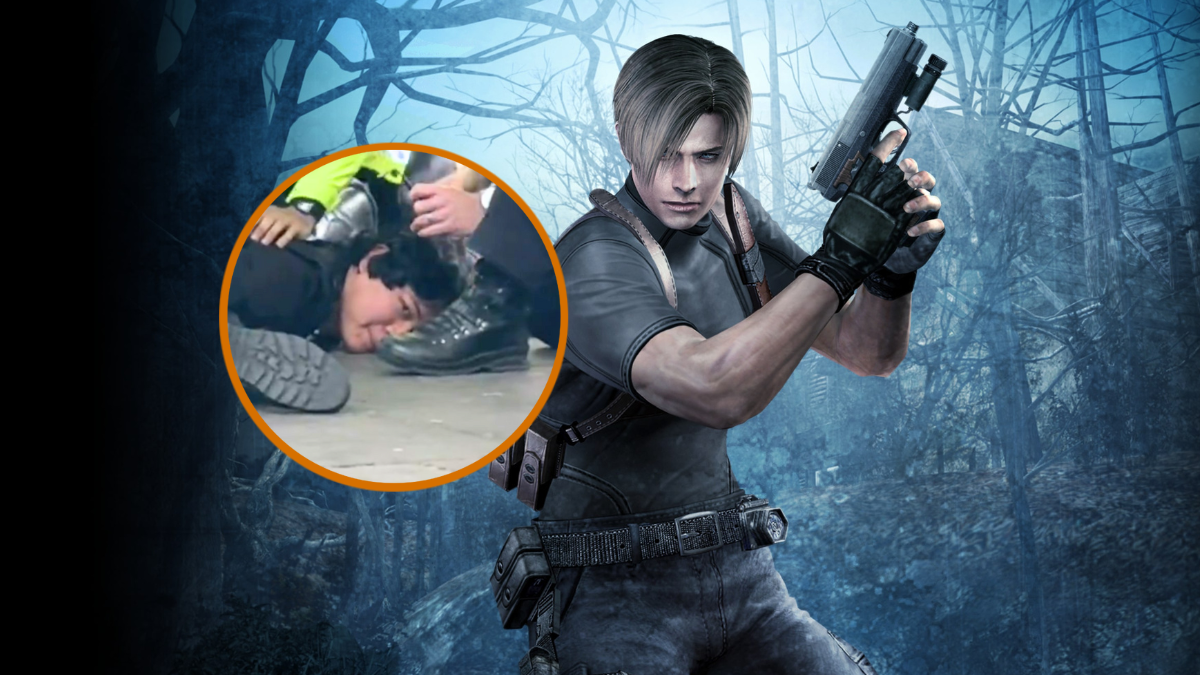
In sports, there’s something called the sophomore slump, where players entering their second year tend to drop off a bit in comparison to their debut seasons. It’s a strange stat that continues to this day, and offers a great analogy for BioWare’s Dragon Age franchise. After all, the beloved developer was applauded for its work on Dragon Age: Origins, but received a lot of grief for changes it made during the development of Dragon Age II. We’ll call it their sophomore slump.
It’s been three years since Dragon Age II became one of gaming’s most notorious underachievers, and a whole five years since Origins made its mark on the RPG genre. In that time, BioWare has worked on and released a third game in the popular series, that being Dragon Age: Inquisition. Promising many hours of intense strategy role-playing action and an incredible story to boot, it’s currently available for both current-gen consoles, alongside Windows PC, Xbox 360 and PlayStation 3. As such, gamers everywhere are wondering if it’s a return to both greatness and form.
The short answer to the above question is a resounding yes, as Dragon Age: Inquisition is a fantastic role-playing game that should appeal to fans of both the first and second instalments. It does a great job of walking the fine line between the traditional mechanics found in Origins, and the more action-RPG gameplay of Dragon Age II, and does so with elegance.
Before I progress with this review, I have to admit that I haven’t played Dragon Age II yet. When it first released, I was busy with other things and I just never got around to it. In fact, it wasn’t until earlier this year that I fully finished Origins and all of its DLC, after aiming to put a dent in my huge backlog. I recently purchased the first sequel when it was on sale, but haven’t had any time to play it given the time of year that it is. As such, I can’t directly compare it to Inquisition.
Set shortly after the events of the last game, Dragon Age: Inquisition centres upon a user-created hero known as “The Hero of Thedas.” Your backstory is unknown, and the fact that you’re alive is a mystery, because you ended up surviving a terrible event that killed everyone in its wake. Not only did you survive, but you also made it out unscathed and with a glowing green arm. Furthermore, an unknown woman was seen helping you avoid death. Many think that it was the land’s religious leader, who was killed previously, but that’s just speculation.
The world that you come into (that being Thedas, the continent in which all of the Dragon Age games have been based) is gripped with fear over green-hued rifts that have scarred the heavens with their presence. Ushering into existence many different demonic beings, they’re seen as a cataclysmic event that may forever ruin the world as humanity knows it. That’s where you step in, as the potential saviour, whose glowing green arm possesses the power required to shut the rifts and deny their demonic presence.

Unsurprisingly, your mere existence is also cause for concern. The people are fearful of what they don’t know and don’t understand, and you fit that very bill. As such, it’s important to do good by them and prove to them that you’re not a monster, or anything else that they should fear.
You won’t be alone, though, because in order to succeed in Dragon Age: Inquisition and its troubled land of Thedas you’ll need to have a strong party behind you, as well as allies who support you at home. This is where the Inquisition aspect comes into play, because it isn’t long before those who aided you from the onset begin to talk about the need to band together to destroy the rifts and save the world. It’s through these deep conversations that the idea of the Inquisition begins to form.
Inquisition is a term that isn’t used loosely, and it describes more than just the party that follows your created character into battle. It’s an idea and a concept; a team that you build as you progress. Those you help along the way, through favours or saving them from life and death situations, can be persuaded to join and help where they can (including setting up stables and offering mount services). New party members can also be accepted or denied based on your personal choosing, and can add to the ranks if you let them. In addition to those folks, you also have a team at home (in a hub called Haven), who can be used to carry out operations on something called the War Table. They include a warrior/leader named Cullen, a diplomat named Josephine (who can be sexually wooed) and returning redhead Leliana.















Published: Nov 24, 2014 01:55 pm